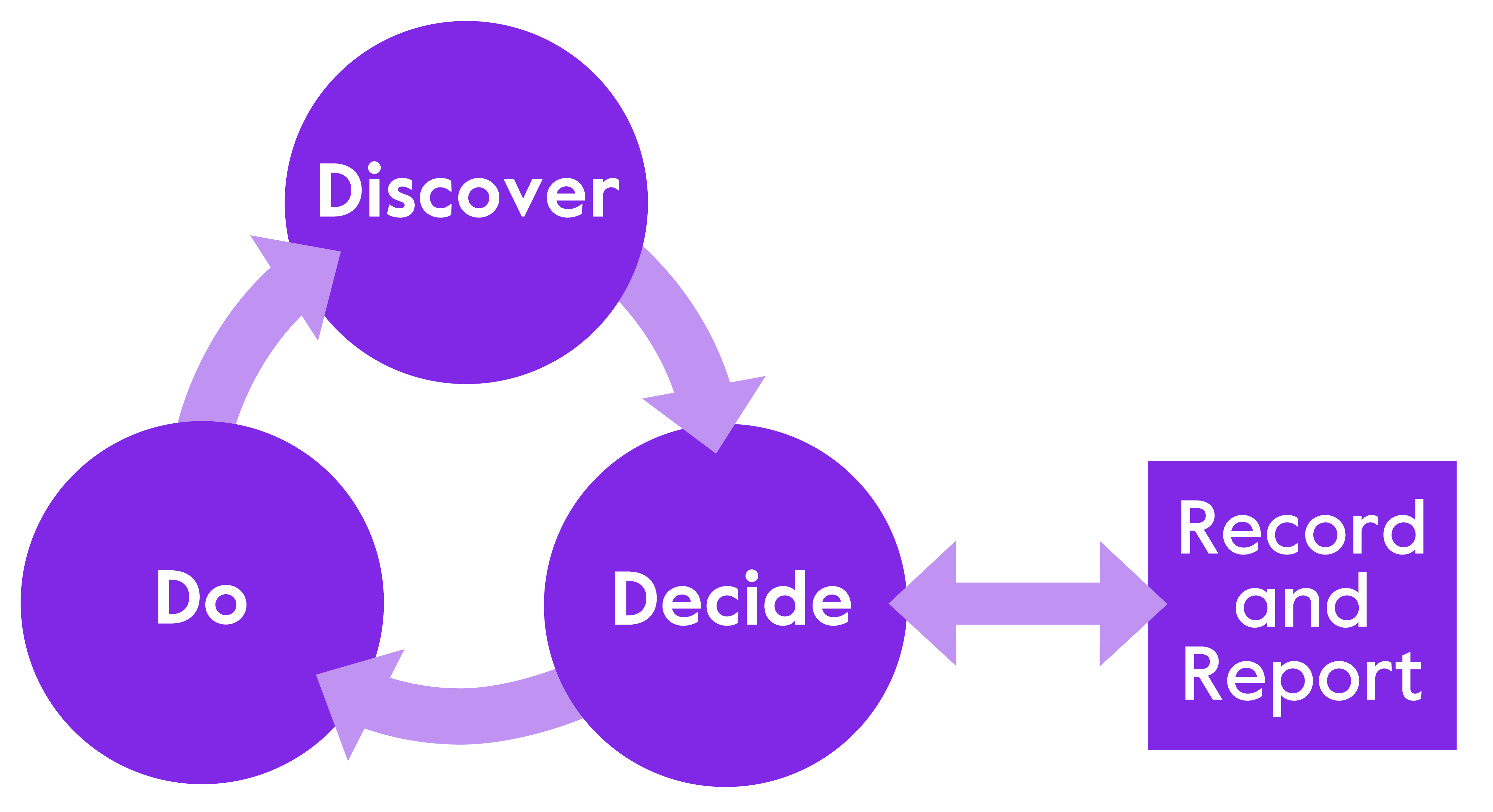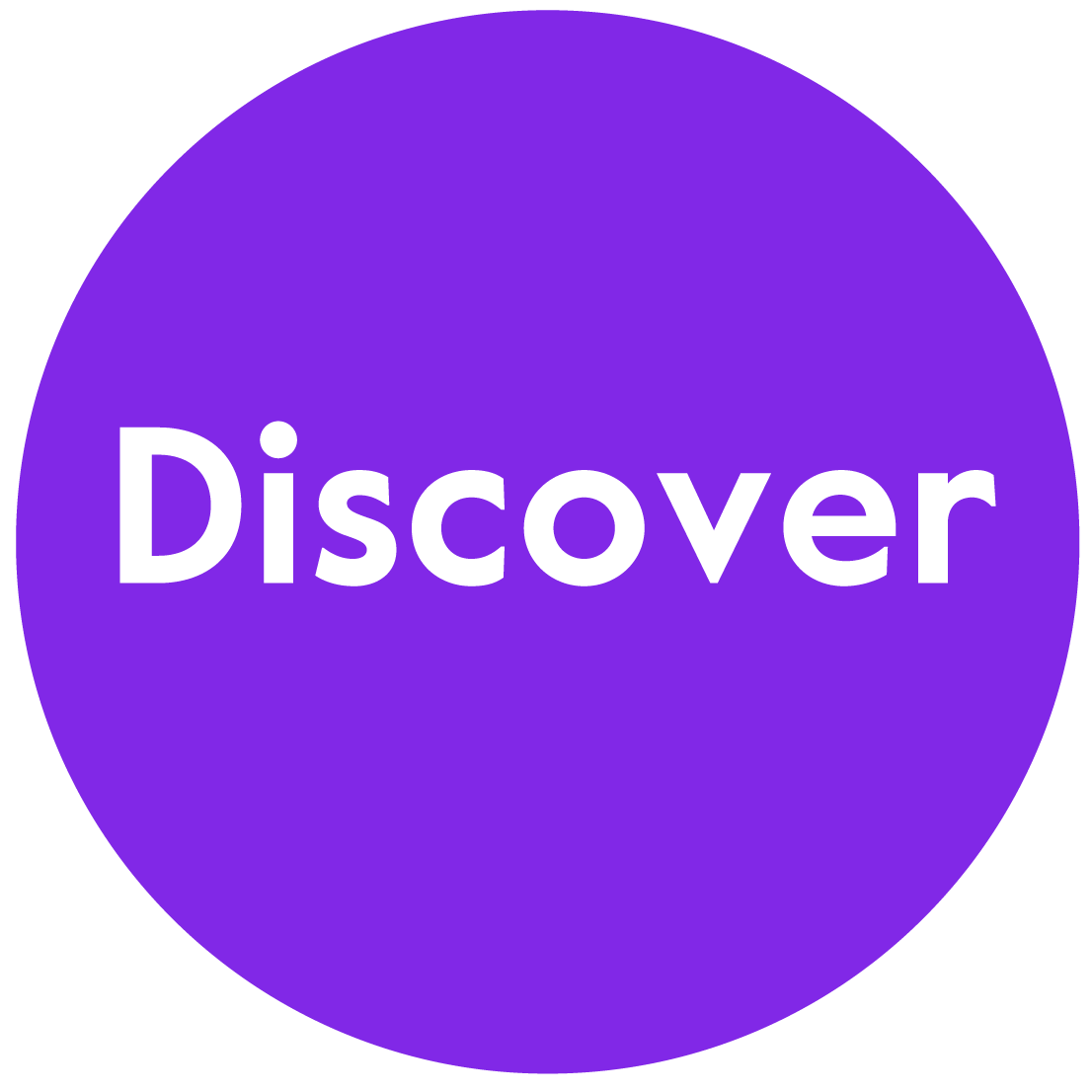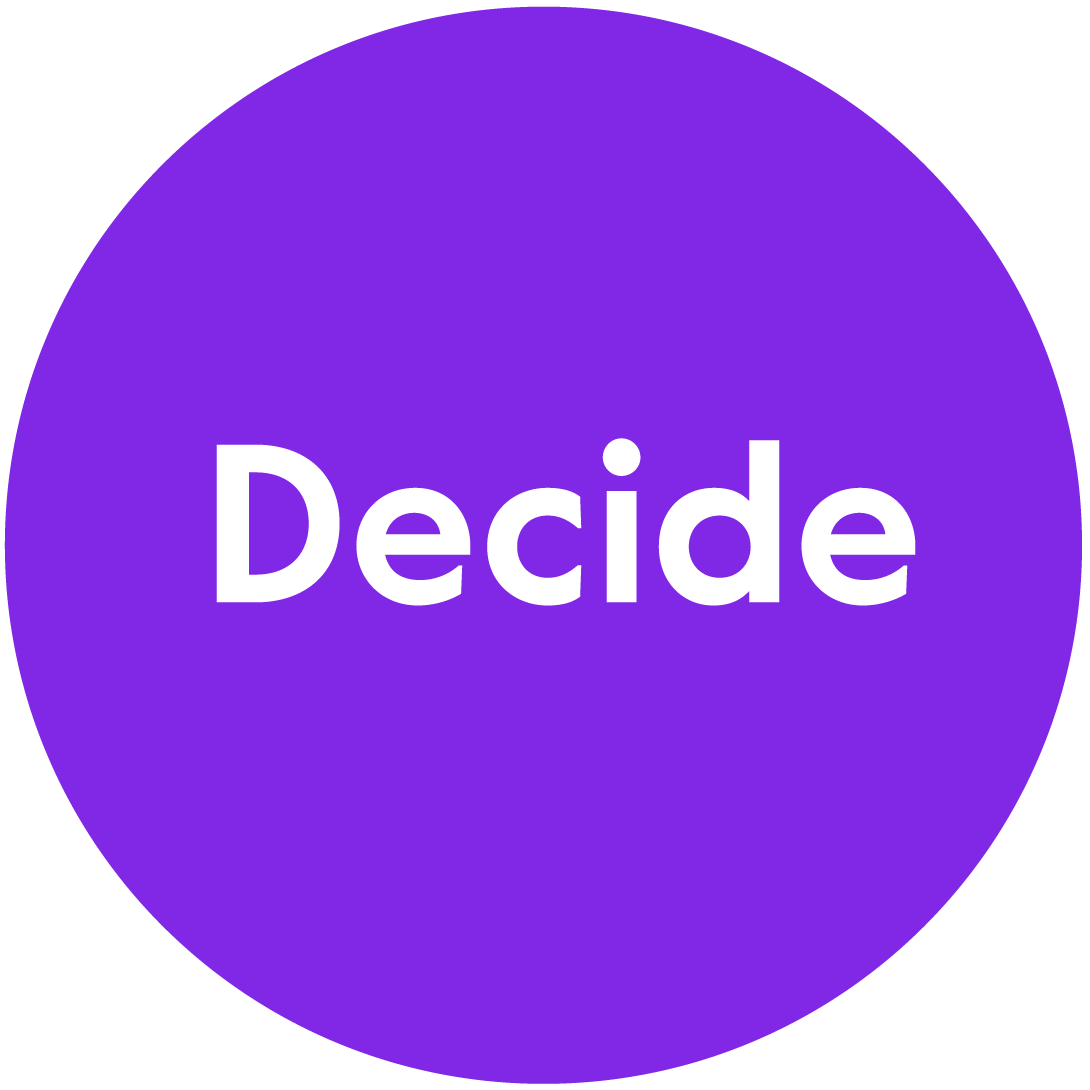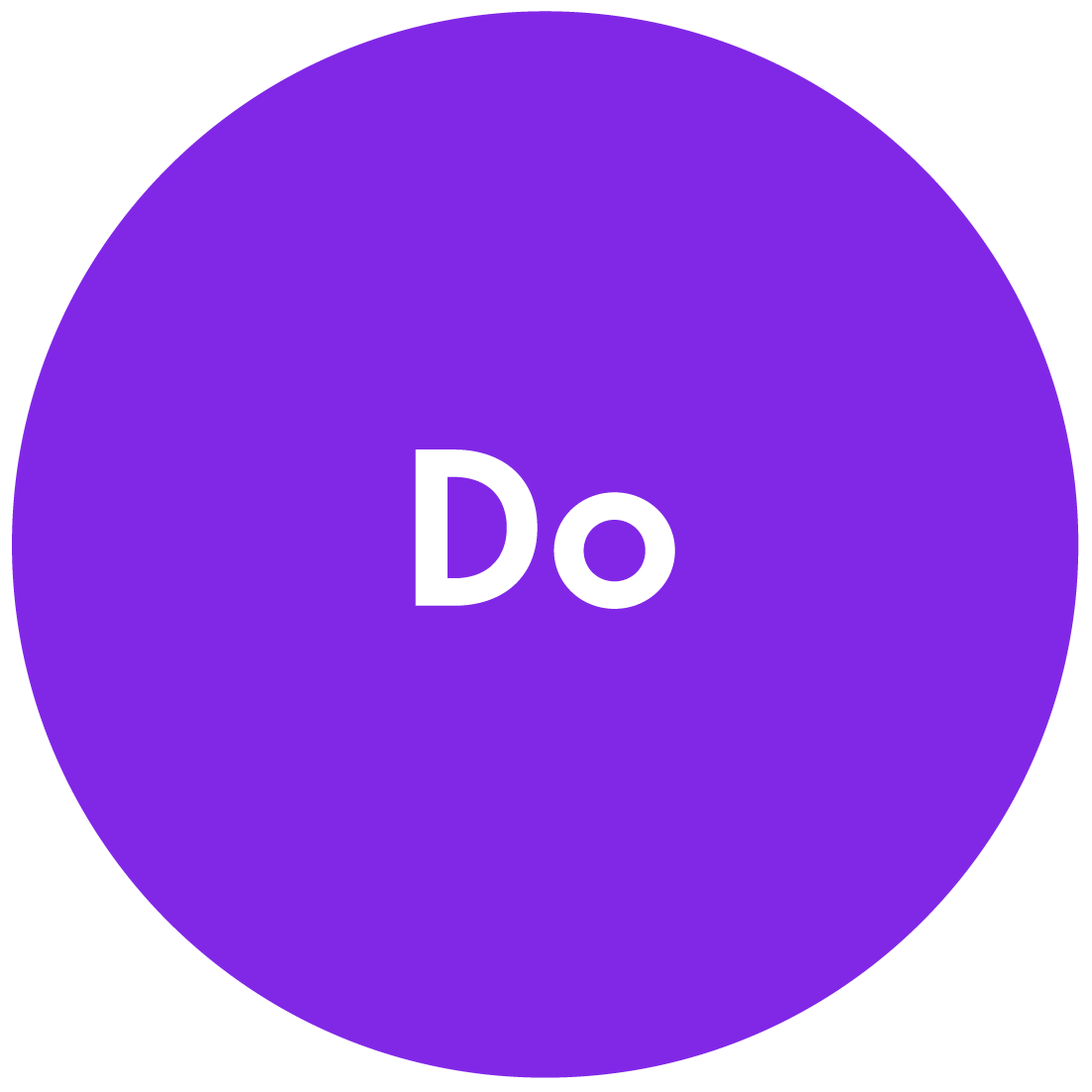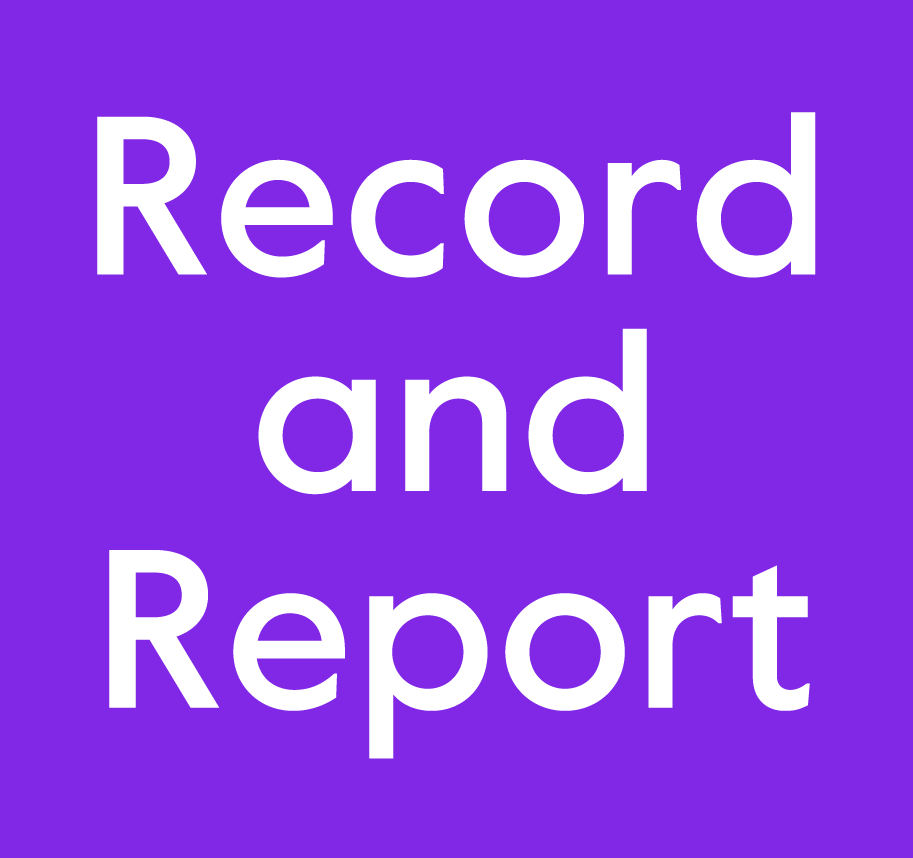Assessment Guidance
Completion requirements
Case studies
These case studies illustrate assessment in Cambridge Early Years. In each one you can see how the principles of Discover, Decide, Do, Record and Report apply in different situations.
Case Study 1 - "I see a C" (3 year old)
You have begun to introduce your EY1 class to saying the sound that begins their name. They have playfully explored the shape of the first letter of their name by air tracing and finger painting.
